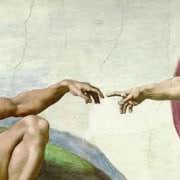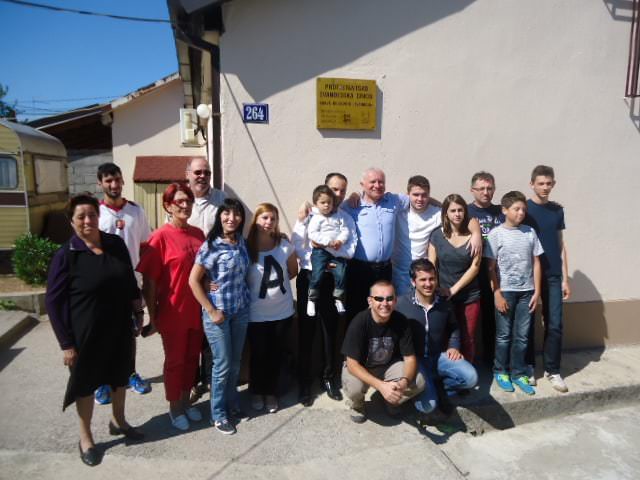We’re living in what feels like a very precarious time in our country – it’s probably the first time since 1994 that many South Africans feel as fearful as they do today. Tomorrow we go to the polls and vote for who we think might be the best political party to govern our country for the next five years. How do we, as Christians, respond to all of the politics we see around us? How do we know who to vote for? How can we vote in good conscience?
(By the way, you can get a full list of the parties and candidates for tomorrow’s election here.)
Firstly, you should vote. Democracy isn’t necessary a Biblical and Christian ideal any more than any other political and economical system. Nevertheless, it’s good to vote.
Jeremiah 29:7 states: “But seek the welfare of the city where I have sent you into exile, and pray to the Lord on its behalf, for in its welfare you will find your welfare.” (ESV)
This passage has Jeremiah the prophet speaking the words of God to the Jews living in exile in Babylon. They hated living in a foreign land with a foreign leader, but the word of God to them was clear: trust for its welfare. We are to obey the laws of the land, pay our taxes, pray for our leaders, and finally, work hard for the success of our city and country. We all stand to suffer if South Africa suffers, but on the same argument, if South Africa is a success, we all benefit.
For most of us, voting is the easiest way to get involved and seek the welfare of our city.
Secondly, remember that God has not given us a spirit of fear. We live in God’s Kingdom and He will be our help in time of trouble. We don’t know what tomorrow holds but we do know that Psalm 22:28 says: “For kingship belongs to the Lord, and he rules over the nations.” (ESV)
God is in control of everything. When we look at our country we can live in security knowing that ultimately God is in control. Sometimes it’s not obvious that God is in control, but our faith needs to be in the fact that God rules over every nation and He has a greater plan for us as individuals and as a society.
Daniel 2:20 states: “Daniel answered and said: ‘Blessed be the name of God forever and ever, to whom belong wisdom and might. He changes times and seasons; he removes kings and sets up kings…’” (ESV).
Thirdly, pray. One of the clear guidelines God gives us in His word is that we are to pray for our leaders. We see written in 1 Timothy 2:1-2: “First of all, then, I urge that supplications, prayers, intercessions, and thanksgivings be made for all people, for kings and all who are in high positions, that we may lead a peaceful and quiet life, godly and dignified in every way.” (ESV).
Whether we agree with the political affiliation or standpoint of a leader or not, we are called to pray for them. Trust God to guide and direct them to make decisions in the best interest of the country and its citizens. So regardless of who wins this election, we are to still pray for them!
And fourthly, we are encouraged to submit to them. Romans 13:1 states: “Let every person be subject to the governing authorities. For there is no authority except from God, and those that exist have been instituted by God.” (ESV)
In this scripture we are given the directive to be subject to (or submit) to the governing authority placed over us. Furthermore, 1 Peter 2:17 says: “Honour everyone. Love the brotherhood. Fear God. Honour the emperor.” (ESV). The emperor is a representation of any government and it is implying that we should not only submit to our leaders but honour them.
So, who to vote for?
All the above helps us to respond no matter what happens, but who do we actually vote for? This is entirely up to you, of course. Grab the full list of the parties and candidates here. You will have to do your research and make up your own mind about what you think of each party’s leaders. Pray over this list. Pray for each leader. Pray for our country.
Bedfordview is a voting station. If you want to help with hosting some of the voters tomorrow (voters will be getting a coffee) then you’re welcome to come in any time tomorrow.














